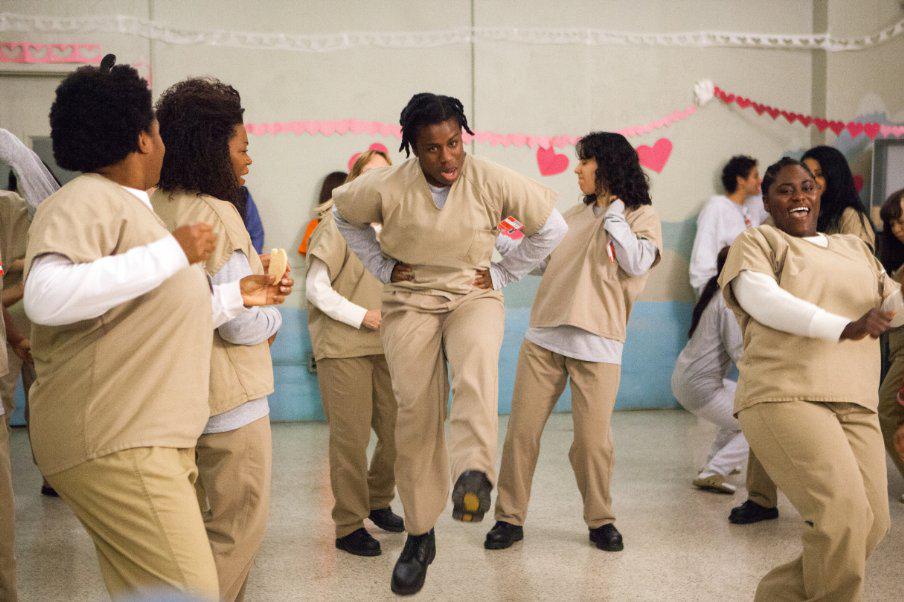The Emmy awards, like all awards shows, infuriate by their very existence. Excuse me, what show was nominated? And what show wasn’t? What actor was snubbed? What series won? What performance definitely should have won instead? Every year, these are questions that people who care about television raise their voices and caps-lock their keyboards over—because righteous indignation is part of the perverse fun of the awards show experience.
But in recent years, the Emmys have been infuriating not only because of who they failed to nominated, but because of the byzantine, mind-bending rules surrounding these selections. How, for example, is Uzo Aduba, Orange Is the New Black’s Crazy Eyes, a guest actress and not a supporting actress when she is in almost every episode of that show? How can the first season of True Detective be nominated in a different category than the first season of Fargo? And what exactly makes something eligible as a comedy and not a drama? Are Orange Is the New Black, Shameless, and Glee really comedies? For that matter, is Transparent?
Today, the TV academy decided to get to clarifying. As of now, if you appear in more than one-half of the episodes of a show, no matter how your contract is worded, you are not a guest star. Any series with a story and cast-members that change each season, will now compete in the limited series category. And, according to the TV Academy, a comedy is any show that is 30 minutes, funny or not, and a drama is any show that is 60 minutes, dramatic or not.
The rules about guest actors and limited series make good common sense—so much so one almost wishes for a do-over of the most recent Emmys, so Fargo and True Detective could really face off. But the new “30 minutes is a comedy, 60 minutes is a drama” distinction leaves something to be desired. To be fair to the academy, with the 30-60 minute rule they are codifying what remains a working, but no longer particularly descriptive, distinction. It is pretty arbitrary to group shows like Transparent, Girls, Louie, Looking, and Togetherness with comedies like Big Bang Theory, Parks and Recreation, and Veep, when they share more with comedy-drama hybrids like Orange is the New Black, Better Call Saul, and Jane the Virgin, and yet, that is what most people have been doing (including TV critics). The TV Academy has now made this difference canon, which is not really a solution but is, for the Emmys purposes, a simplification.
What we are dealing with here is a kind of language gap. So many shows on TV right now are a mixture of comedy and drama, but because we do not yet have the word to describe this genre-mixing, genre-poaching TV—“dramedy,” I think we can all agree, is not a term up to the task—it is easier for the Emmys to pretend it does not exist. It’s as if the TV Academy were livestock traders who know mules are neither donkeys nor horses, but have decided to call all mules that are over six feet horses, and all mules under five feet donkeys, because what else are you supposed to do if you can’t call anything a mule?
But why can’t we call a mule a mule? I’m just spit-balling here, but what if, instead of using clocks and not content to distinguish between series, the Emmys just added in a whole third category, for uncategorizable shows? I am not actually suggesting this because as far as I am concerned, the only really pressing rule change the Emmys need to make is about the length of the telecast, but a category for the uncategorizable would a) at least have the virtue of reflecting what is actually happening on television and b) annually give everyone who cares about the Emmys the gift of something else to be infuriated about.
